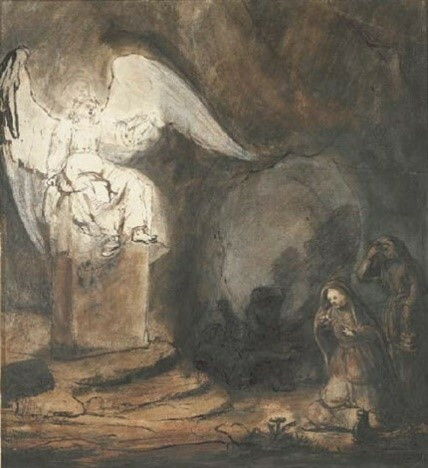Freedom!
One of the Protestant reformer Martin Luther’s more famous written pieces was “On the Freedom of a Christian,” from 1520. In it, he asserted that through faith, we are “servants to none.” Nothing else can be added to our faith as a requirement for God’s satisfaction. We are, after all, justified by faith alone. We are free, therefore, from all constraints other than faith. And yet, once justified by that faith we are “servants to all.” We are free to give and serve – not because in doing so we merit any favor from God. Rather, we are free from any compulsion to be “good.” We seek the “good” simply for the mere joy, pleasure and fulfillment it brings.

In my morning devotions, I read a reflection this week that offered a similar take on Freedom. From the Jesuit tradition, it uses different phraseology than Luther, but strikes a similar chord. That Freedom is associated with faith and turns us outward and not inward.
If life’s purpose lies in getting what you want, as our culture insists, then freedom becomes a very big deal. Freedom, we think, is what allows us to exercise our “inalienable right” to the pursuit of happiness. With this view of freedom, it’s easy to feel threatened by constraint. Our instinct is to resist it with all our might, for it impedes our ability to live the life we think we want. Yet to maximize this kind of freedom requires that we minimize or even eliminate serious relationships. For the more we rely on others or others rely on us, the less “free” we are to go wherever we wish to go, pursue whatever we wish to pursue, and do whatever we wish to do.
Love, by definition, constrains us. And in a society devoted to personal self-fulfillment, the cost of love often seems too high. Surprisingly, freedom is a very big deal in the Gospels too. However, here it means something quite different. When Jesus says, “The truth will set you free,” (John 8:36) he does not mean free to pursue personal happiness. When St. Paul says, “For Freedom Christ has set us free” (Gal 5:1), he does not mean we now have permission to satisfy our every impulse and whim. Quite the contrary. In the bible, the “free” person is the one no longer plagued by the burdensome quest for money, pleasure, possessions, social status and political power. Rather, that one is “free” to pursue relationship; to pursue love. With Christ. And with one another.
May we all seek this freedom!





